







How can we be more transparent and reproducible throughout the whole research process? And what lessons has he learned along the way? 🤔

How can we be more transparent and reproducible throughout the whole research process? And what lessons has he learned along the way? 🤔
Of course featuring this gem of a video by @glaucomflecken.bsky.social: youtu.be/ukAkG6c_N4M?...

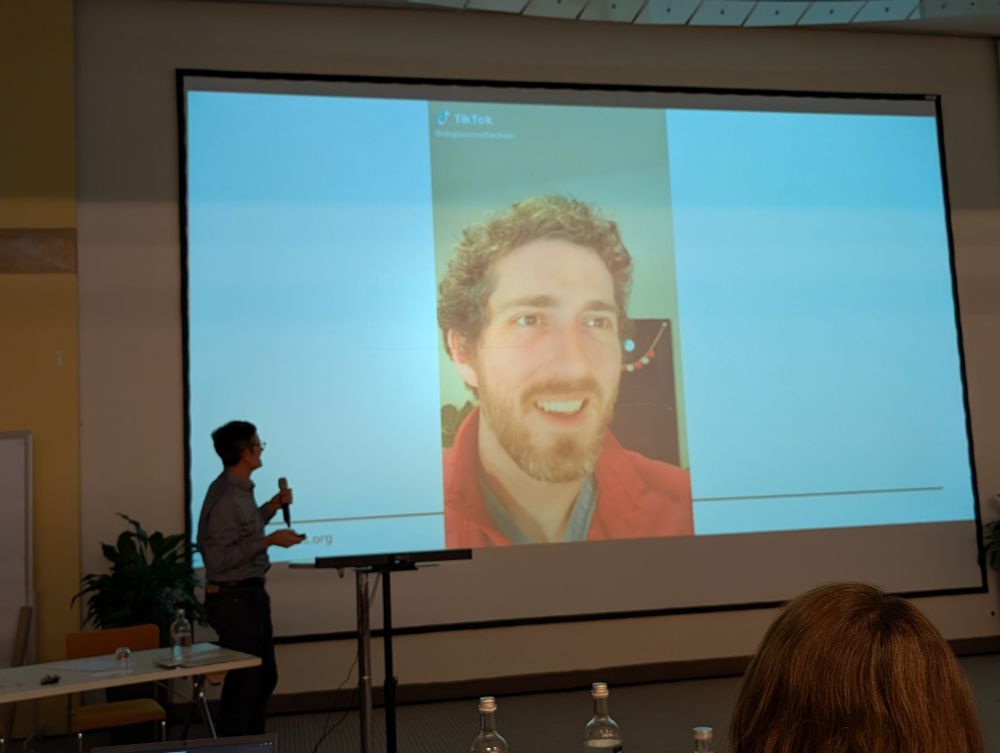
Of course featuring this gem of a video by @glaucomflecken.bsky.social: youtu.be/ukAkG6c_N4M?...

This morning, after some speed dating to get to know other ECRs from the different projects, we hosted 4 roundtables on science communication, mentoring, funding opportunities and lab rotations.


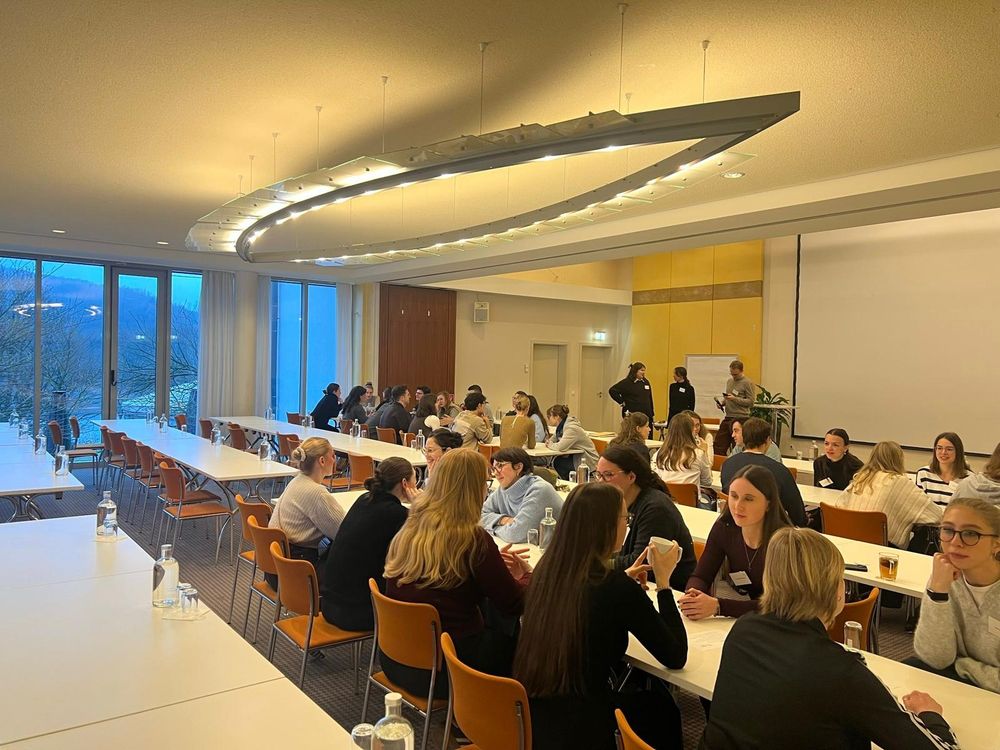
This morning, after some speed dating to get to know other ECRs from the different projects, we hosted 4 roundtables on science communication, mentoring, funding opportunities and lab rotations.

www.nature.com/articles/s41...
I love this figure which both echoes and undermines the famous figure from Schultz et al. (1997).

www.nature.com/articles/s41...
I love this figure which both echoes and undermines the famous figure from Schultz et al. (1997).
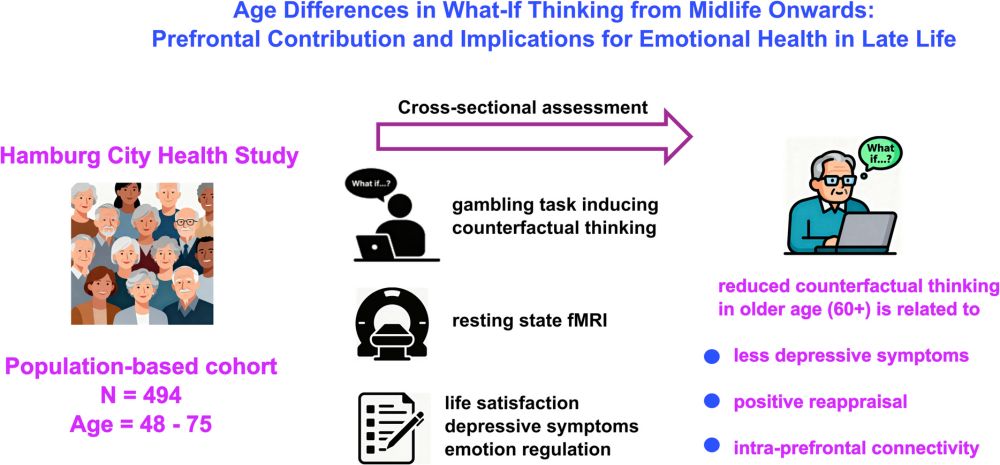
#neuroskyence #neurosci #affectsci

#neuroskyence #neurosci #affectsci
rdcu.be/eCGr7
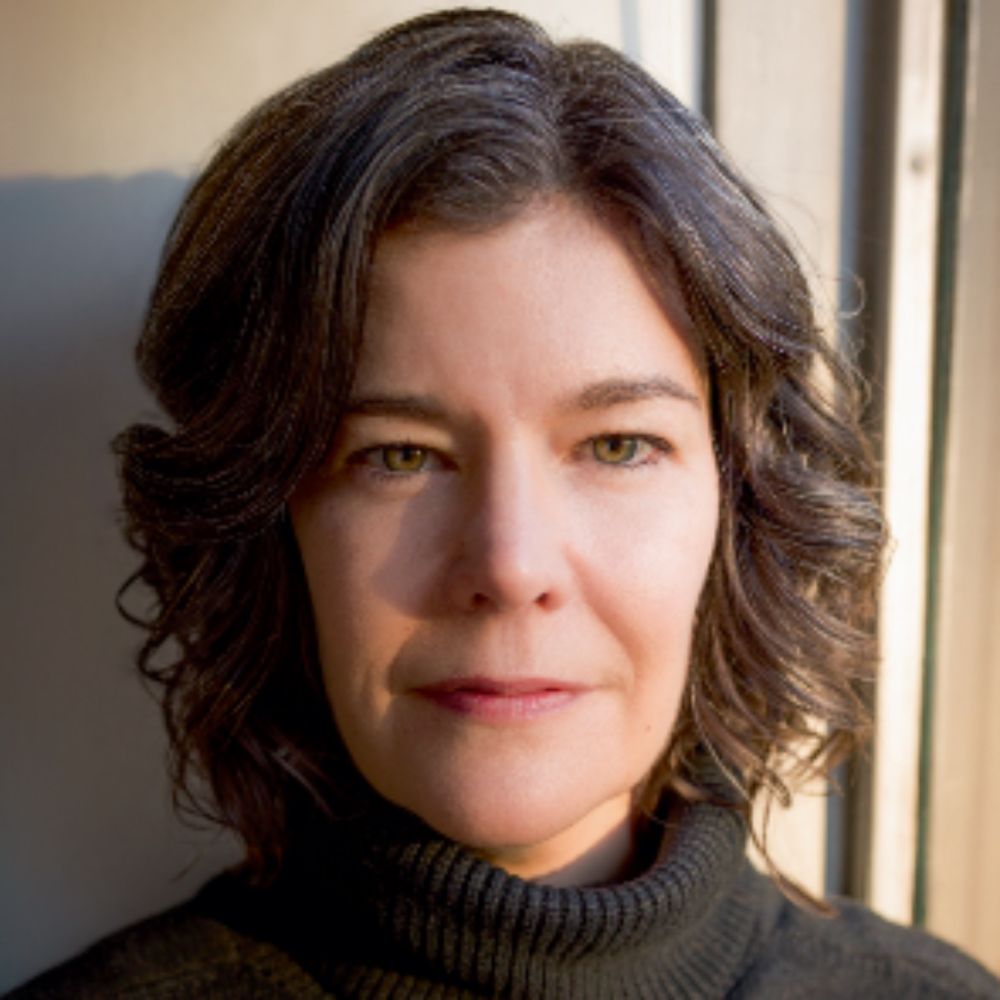
rdcu.be/eCGr7
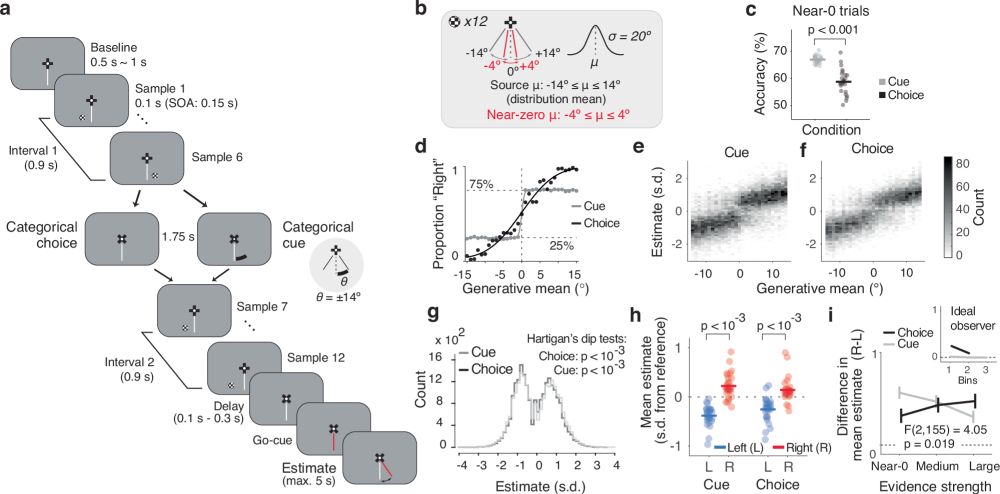
SIPS in beautiful and lively Kraków so far:
Welcome Reception = amazing 🔥! Big shout‑out to Bąbel & team!
Lots of great talks - and special appreciation for the ECR community!
@sfb-trr-289.bsky.social @sipsplacebo.bsky.social




SIPS in beautiful and lively Kraków so far:
Welcome Reception = amazing 🔥! Big shout‑out to Bąbel & team!
Lots of great talks - and special appreciation for the ECR community!
@sfb-trr-289.bsky.social @sipsplacebo.bsky.social
@sipsplacebo.bsky.social
@sfb-trr-289.bsky.social

@sipsplacebo.bsky.social
@sfb-trr-289.bsky.social
Afterwards, @rimamrahal.bsky.social gave a fantastic keynote on #openscience and #registeredreports. ☝️
Of course, socializing also happened in the evening! ✨


Afterwards, @rimamrahal.bsky.social gave a fantastic keynote on #openscience and #registeredreports. ☝️
Of course, socializing also happened in the evening! ✨

Our new piece in "@jama.com Insights" explores how to help patients have a better experience and better outcomes with their treatments! 🤕
Read it here: jamanetwork.com/journals/jam...

Our new piece in "@jama.com Insights" explores how to help patients have a better experience and better outcomes with their treatments! 🤕
Read it here: jamanetwork.com/journals/jam...



https://go.nature.com/3QVhFc6

https://go.nature.com/3QVhFc6

